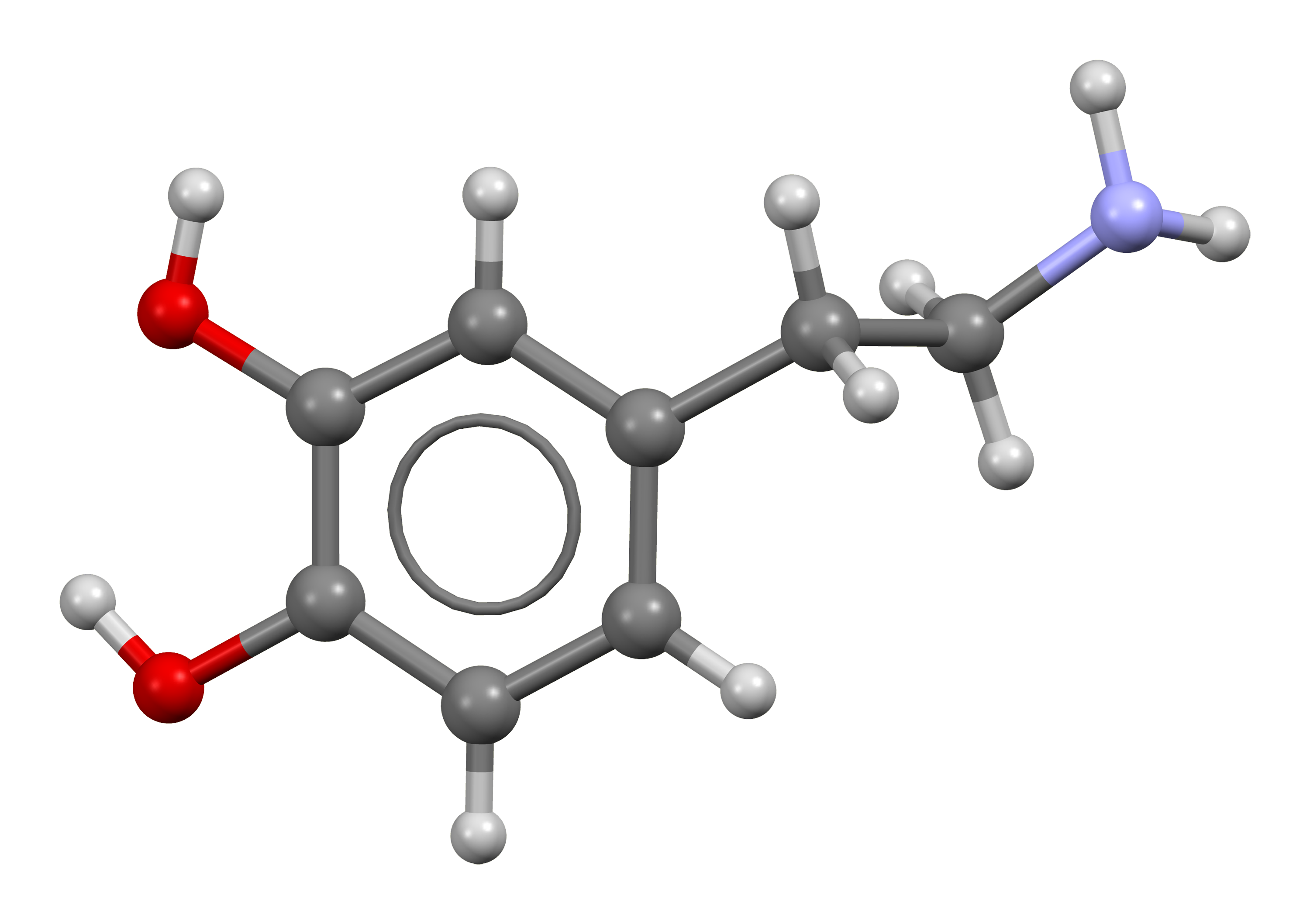Introduction to Dopamine
- Introduction to Neurotransmitters
- The Role of Dopamine
- The Role of Serotonin
- Interplay of Dopamine and Serotonin
- Competing Actions
- Collaborative Actions
- Conflicting Actions on Same Behaviors
- Complexity in Neuronal Combinations
- The Impacts of Therapeutic Drugs on Dopamine and Serotonin
- Dopamine, Serotonin and Mental Health
- Dopamine, Serotonin and Cognitive Functioning
- Settings, Synaptic Plasticity and Sensitization
- Prospects and Challenges in Dopamine & Serotonin Research
Complexity in Neuronal Combinations
Complexity in Dopamine Circuits: Structure, Function, and Impact on Behavior

Organic chemical that functions both as a hormone and a neurotransmitter.
Dopamine circuits play a crucial role in the functioning of the human brain. These circuits, composed of neurons that produce and release the neurotransmitter dopamine, are involved in a wide range of behaviors and cognitive functions. Understanding the complexity of these circuits is essential for grasping the intricacies of human behavior and the development of various neurological and psychiatric disorders.
Structure of Dopamine Circuits
Dopamine circuits originate in the midbrain, specifically in two areas known as the substantia nigra and the ventral tegmental area (VTA). From these regions, dopamine neurons project to various parts of the brain, forming distinct circuits. The most well-known of these are the nigrostriatal, mesolimbic, and mesocortical pathways.
The nigrostriatal pathway, which projects to the striatum, is involved in motor control and is critically affected in Parkinson's disease. The mesolimbic and mesocortical pathways, which project to the limbic system and the prefrontal cortex respectively, are involved in reward, motivation, emotion, and cognition.
Function of Dopamine Circuits
Dopamine circuits play a key role in several fundamental behaviors and cognitive functions. The nigrostriatal pathway, for instance, is crucial for the initiation and execution of voluntary movements. Dysfunction in this pathway leads to the motor symptoms observed in Parkinson's disease.
The mesolimbic and mesocortical pathways, on the other hand, are central to the brain's reward system. They mediate the pleasurable feelings associated with rewarding experiences and motivate individuals to seek out these experiences. These pathways also play a role in memory and learning, helping individuals to remember rewarding experiences and learn to repeat behaviors that led to them.
Impact of Dopamine Circuit Dysfunction
Dysfunction in dopamine circuits can lead to a variety of neurological and psychiatric disorders. As mentioned earlier, damage to the nigrostriatal pathway is a primary cause of Parkinson's disease. On the other hand, overactivity in the mesolimbic pathway has been linked to schizophrenia, while underactivity in this pathway and the mesocortical pathway has been associated with depression and attention deficit hyperactivity disorder (ADHD).
Understanding the complexity of dopamine circuits, therefore, is not only crucial for understanding human behavior but also for the development of effective treatments for a range of neurological and psychiatric disorders. Future research in this area promises to shed more light on these intricate circuits and their role in the human brain.